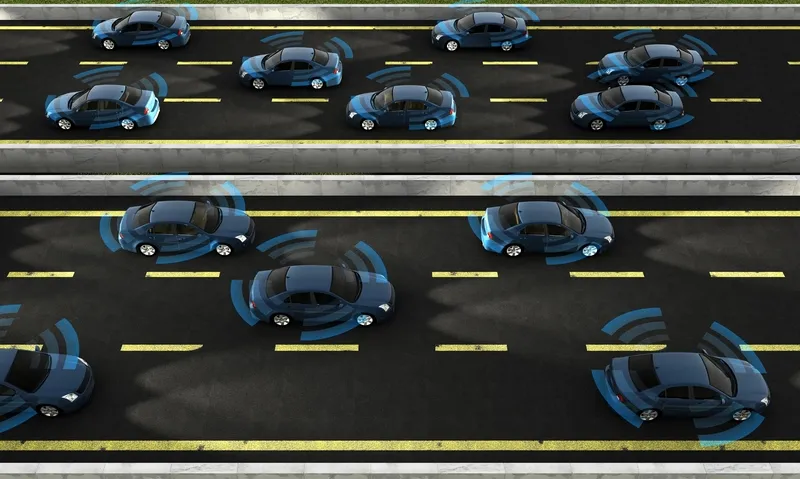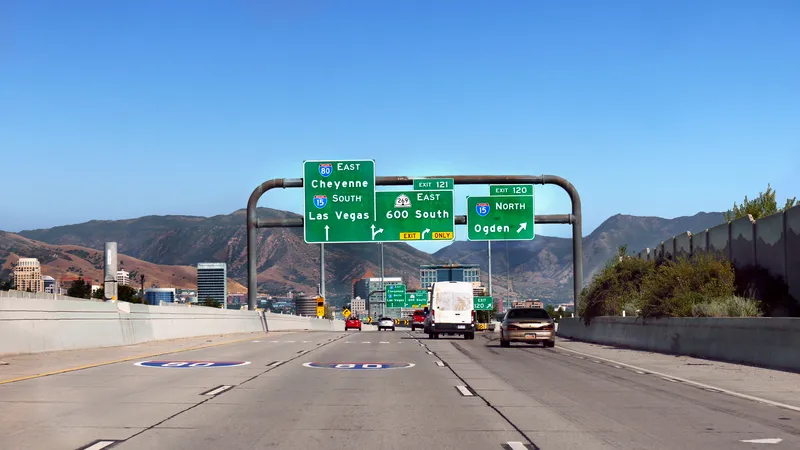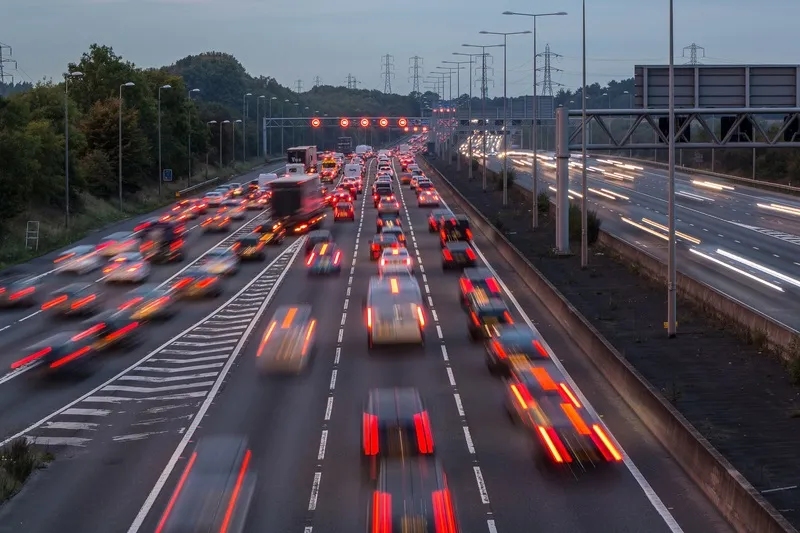
US Department of Transportation (USDoT) has released a roadmap for the US nationwide roll-out of Vehicle to Everything (V2X) technology.
Saving Lives with Connectivity: A Plan to Accelerate V2X Deployment was initially released in draft form for public comment in October 2023, and has now been finalised.
US secretary of transportation Pete Buttigieg called it a "key milestone" and said: "The Department recognises the potential safety benefits of V2X, and this plan will move us closer to nationwide adoption of this technology.”
ITS America president and CEO Laura Chace commented: "USDoT’s enthusiastic support for V2X adoption provides clear guidance to stakeholders for continued V2X development, investment, and deployment. ITS America applauds the Department on the release of this critical roadmap, and would particularly like to thank the strong leadership of secretary Buttigieg, the Federal Highway Administration, and the ITS Joint Program Office for their work in advancing innovation that will save lives."
V2X deployment will be a key component of the Safe System Approach adopted by the USDoT’s National Roadway Safety Strategy in January 2022 to address what USDoT calls "the crisis of roadway deaths": upwards of 40,000 people a year die on US roads.
“The plan was drafted and advanced with collaboration across public and private partnerships," said USDoT principal deputy assistant secretary for research and technology and chief scientist Dr. Robert C. Hampshire.
"It provides stakeholders with vital information to enable a safe, efficient, and sustainable transportation system through the national, widespread deployment of interoperable V2X technologies. The plan will accelerate investment, research, and deployment in V2X 'market certainty'."
Responsibilities for roll-out will be shared among Federal agencies, infrastructure owner-operators and private industry.
The Federal Highway Administration recently announced nearly $60 million in grants to authorities in Arizona, Texas and Utah to promote the deployment of V2X technologies. FHA administrator Shailen Bhatt called the USDoT plan a "call to action in providing a framework for all of us to continue to work together toward the same goal of accelerating V2X deployment to save lives on our nation’s roadways".








